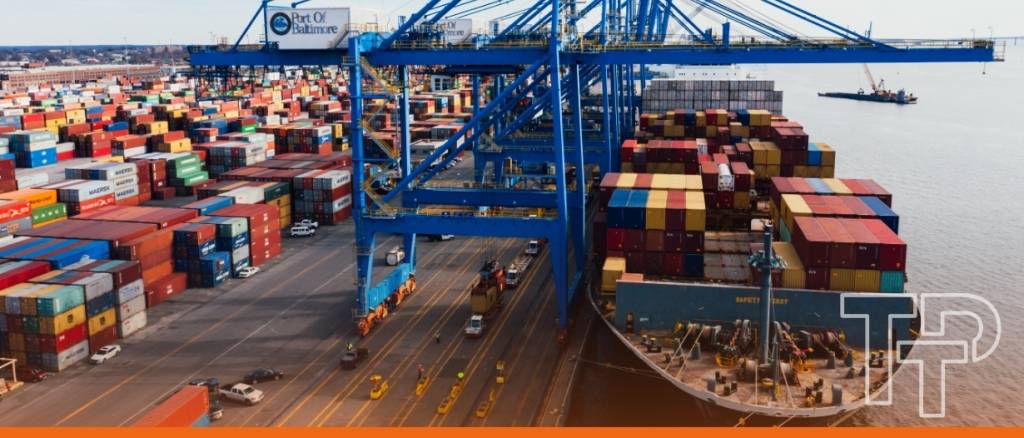After years of simmering trade tensions, the United States-China trade policy entered a new and tumultuous phase in 2025.
For centuries trust has been the backbone of trade. From the interpersonal to the communal to the national and now to the international, the expansion of trust methodologies has enabled… read more →
Newly released data from the United Nations Conference on Trade and Development (UNCTAD) has added much-needed clarity to the global picture of seaborne trade.
To explore the potential impacts of the changing trade landscape and how businesses can protect operations against volatility, a panel of geopolitical and finance experts from across Marsh McLennan’s business groups came together to discuss in a webinar titled, “Navigating geopolitical risk and uncertainty: The impact of changing trade policies”.
Trump’s tariffs are prompting importers to reassess their supply chain strategies, with a record number turning to foreign trade zones (FTZs) and bonded warehouses as a means of managing rising costs and operational uncertainty.
Digital technologies are changing the way we live, work, and trade. As WTO Director-General Ngozi Okonjo-Iweala often says, the future of trade is digital, and it must be inclusive.
The clue is in the name: Liberation Day. When President Trump announced at the beginning of his speech that he was declaring the independence of the United States from the global trade system, this was not a negotiation. The rhetoric used was violent: “America has been looted, pillaged and raped by other countries.” The scale of the tariffs imposed was unprecedented—a minimum of 10% and for some, notably China, much higher.
The WTO’s Global Trade Outlook 2025 reveals a projected decline in global merchandise trade, rising protectionism, US-China decoupling, and a surprising resilience in services trade amid growing global uncertainty.
The UK government has suspended third-country duty – also known as MFN tariffs on 89 products, expressing an ambition that the savings will be passed on to consumers. Whilst timing of the press release appears to coincide with the imposition of 10% US tariffs applied in addition to existing most favoured nation (MFN) rates on most UK exports to the United States, the suspended tariff announcements are the outcome of a 2024 consultation.
 English
English






















